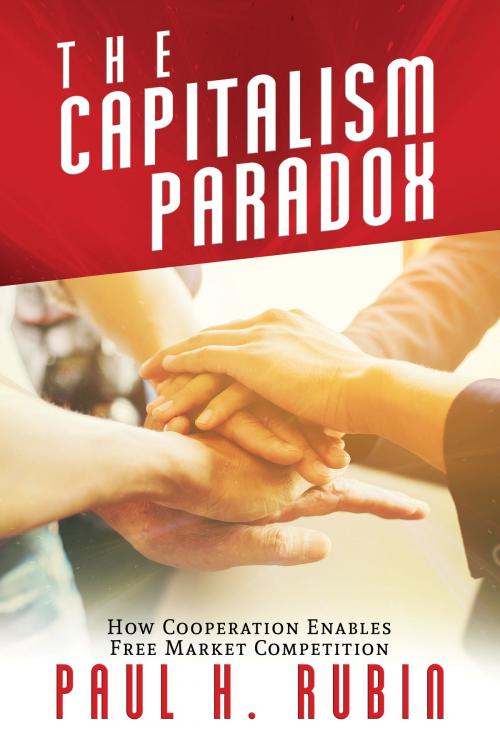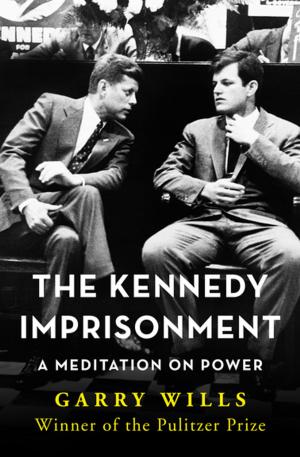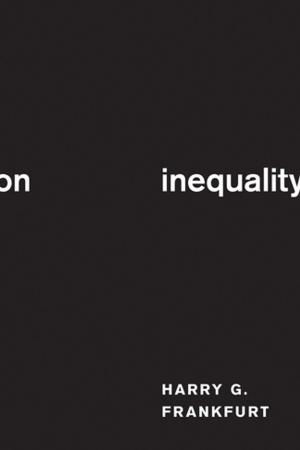The Capitalism Paradox
How Cooperation Enables Free Market Competition
Business & Finance, Economics, Free Enterprise, Microeconomics, Nonfiction, Social & Cultural Studies, Political Science| Author: | Paul H. Rubin | ISBN: | 9781642931402 |
| Publisher: | Bombardier Books | Publication: | July 30, 2019 |
| Imprint: | Language: | English |
| Author: | Paul H. Rubin |
| ISBN: | 9781642931402 |
| Publisher: | Bombardier Books |
| Publication: | July 30, 2019 |
| Imprint: | |
| Language: | English |
In spite of its numerous obvious failures, many presidential candidates and voters are in favor of a socialist system for the United States. Socialism is consistent with our primitive evolved preferences, but not with a modern complex economy. One reason for the desire for socialism is the misinterpretation of capitalism.
The standard definition of free market capitalism is that it’s a system based on unbridled competition. But this oversimplification is incredibly misleading—capitalism exists because human beings have organically developed an elaborate system based on trust and collaboration that allows consumers, producers, distributors, financiers, and the rest of the players in the capitalist system to thrive.
Paul Rubin, the world’s leading expert on cooperative capitalism, explains simply and powerfully how we should think about markets, economics, and business—making this book an indispensable tool for understanding and communicating the vast benefits the free market bestows upon societies and individuals.
In spite of its numerous obvious failures, many presidential candidates and voters are in favor of a socialist system for the United States. Socialism is consistent with our primitive evolved preferences, but not with a modern complex economy. One reason for the desire for socialism is the misinterpretation of capitalism.
The standard definition of free market capitalism is that it’s a system based on unbridled competition. But this oversimplification is incredibly misleading—capitalism exists because human beings have organically developed an elaborate system based on trust and collaboration that allows consumers, producers, distributors, financiers, and the rest of the players in the capitalist system to thrive.
Paul Rubin, the world’s leading expert on cooperative capitalism, explains simply and powerfully how we should think about markets, economics, and business—making this book an indispensable tool for understanding and communicating the vast benefits the free market bestows upon societies and individuals.















